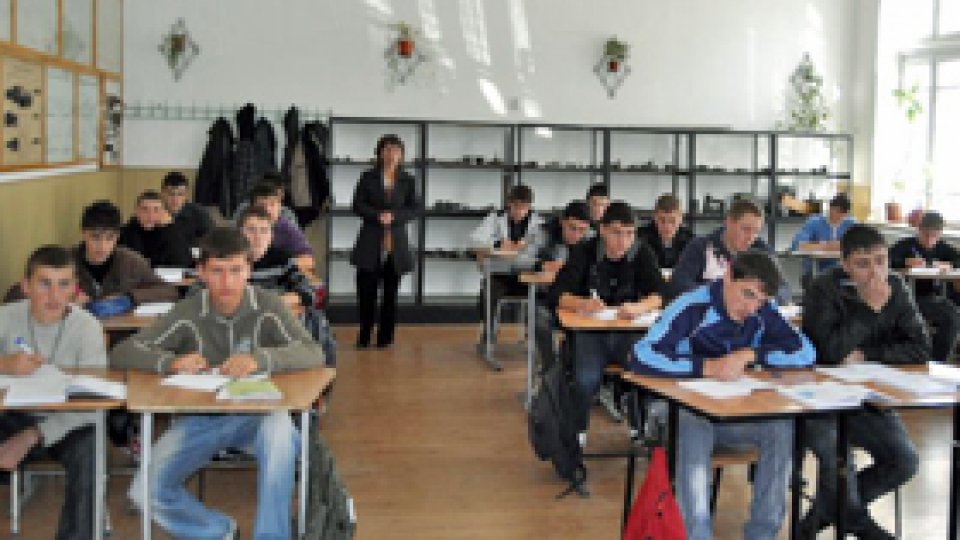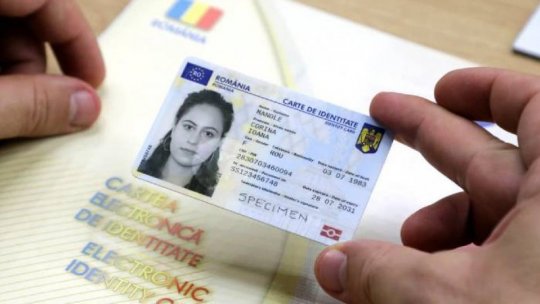Digital fingerprint, cure against skipping classes
In order for class skipping to be avoided, students from Timiş risk to be allowed entering their schools only by fingerprint recognition.

Articol de Alina Bujancă, 10 Noiembrie 2011, 09:45
The Inspectorate of Education in Timiş, concerned by the increasing number of students who skip classes, has proposed a new method for granting access in schools based on digital fingerprint.
According to the Inspectorate, in October over 500 000 absentees were registered, out of which almost 270 000 without a leave.
If we were to divide this number to the total of students, we would discover that each student has taken one day off in October.
High-school students are those who skip classes more frequently and this phenomenon usually happens where the grades are low.
Starting with last year local authorities organised town raids, in bars and internet cafes, in order to "pick" the truants, they have also applied the school rules penalizing the students for misconduct, but with no use.
The School Heads want now to use last generation equipment in order to keep pupils in schools, and proposed a fingerprint based attendance system.
This kind of device is to be purchased by each school out of its own funds, or by the help of the parents.
Head of School Inspectorate in Timiş, Marius Popescu, explained that the system does not use photographed fingerprints, as the Police do, but turns the fingerprint information into a unique numeric code.
The price per student for this equipment would be up to 10 lei only, according to a company that deals with security systems, already contacted by the Inspectorate.
They also explained that in this way, via email and annual contract parents can be informed about the school frequency of their kids, based on a entrance- exit report.
The school officials said that the purchase of this fingerprint based system is not mandatory and each school can decide for itself. They also announced that future meetings with school directors are intended, in order to find further solutions for stopping school truancies among pupils.
Translated by Angelica Ţăpoca
MA Student, MTTLC, Bucharest University









